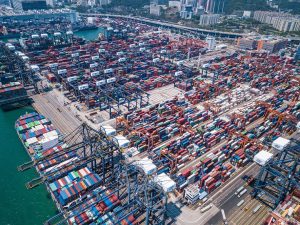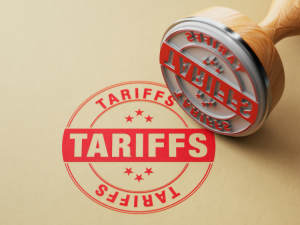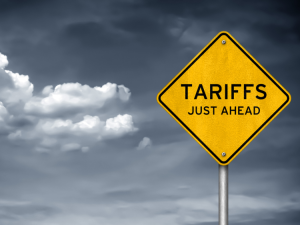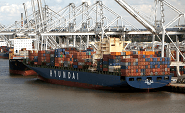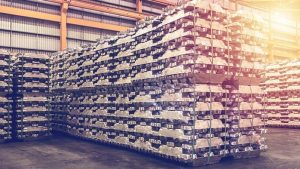
Join AMU's Greg Wittbecker on May 14 for a Community Chat on aluminum, tariffs, and trade
AMU’s Greg Wittbecker, an aluminum industry veteran, will address not only US tariffs but also evolving trade routes - and how supply chains are (or aren’t) adjusting. He’ll also touch on broader industrial impacts, from auto layoffs to the potential ripple effect of maritime tax policies.





